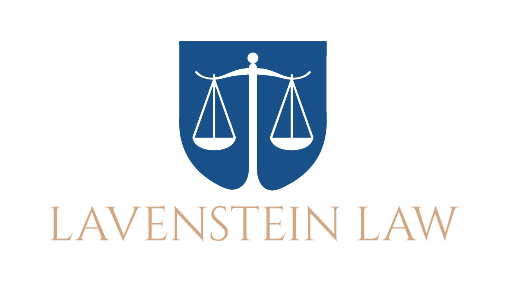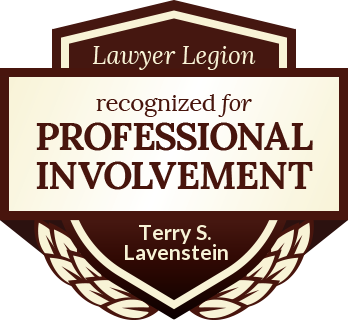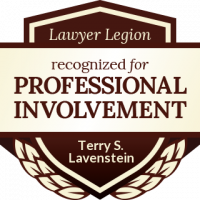By: Alexander Sanchez
[ad_1]
Law enforcement authorities across the United States are granted special powers enabling them to fight crime. Some of these powers are granted by the federal, state, and local Legislatures. Individual departments associated with law enforcement may have their own set of rules and regulations upon which the law is enforced. It is the Courts, however, that must interprete the law, and issue guidlines as to what is, or is not, permissible.
Police departments rely heavily on their ability to investigate, and stop crime in its early stages. One of the primary tools used by law enforcement officers in pursuit of this goal is the ability to stop, frisk, question, and search individuals suspected of being engaged in criminal activity. If an officer has a well founded belief, based upon facts (also known as “probable cause”), that an individual has, is about to, or is in the process of committing a criminal offense, that officer has the legal authority to temporarily seize that person for further investigation. Under established legal precedent, any seizure of an individual, however short, constitutes an arrest. What facts constitute probable cause in any particular case can vary significantly, resulting in endless litigation. Unfortunately, this doctrine also authorizes law enforcement to stop, search, and question individuals, who were not observed, or reported to have engaged in, any criminal activity, but whose actions were deemed “suspicious” by the officer.
Thus, thousands of people each year are stopped, and searched by police officials based upon a single officer’s assertion that the person acted in a suspicious manner. Suspicious behavior may include a “bulge” under one’s clothing, walking fast while looking from side to side, and attempting to “evade” police as an area is being canvassed. Although, some of the above stated activities may be cause for concern, it is not criminal. Yet, the police continue to utilize this power to pull people over in cars, search them in public areas, and temporarily “seize” them until their investigation is complete. The vast majority of people stopped under these circumstances are sent on their way, happy to have escaped a trip to the police precinct, but angry at the unfair intrusion upon their liberty.
In short, the law actually permits law enforcement authorities to arrest people absent any evidence that illegal activity has actually taken place.
[ad_2]
Source














